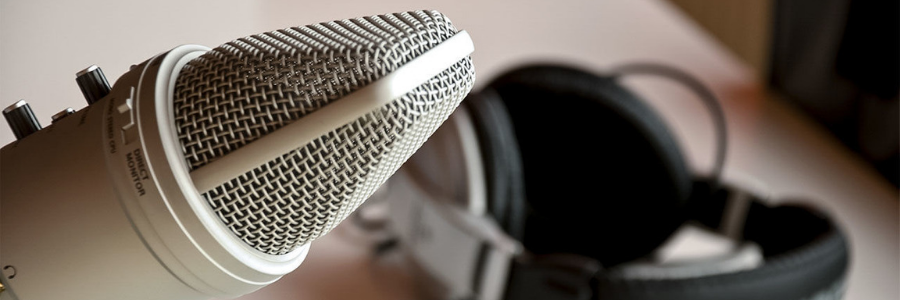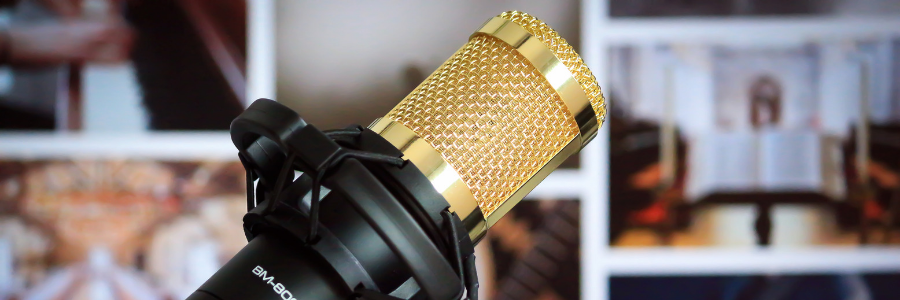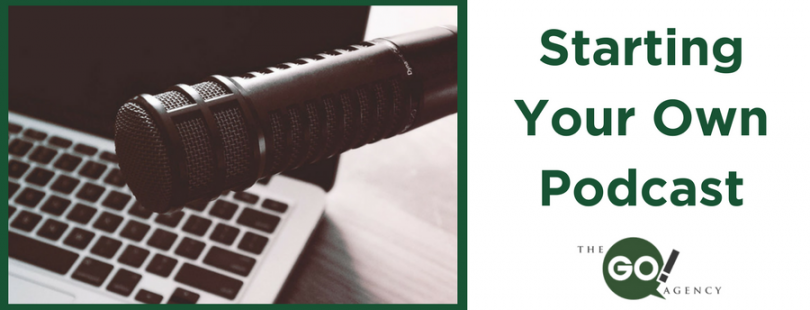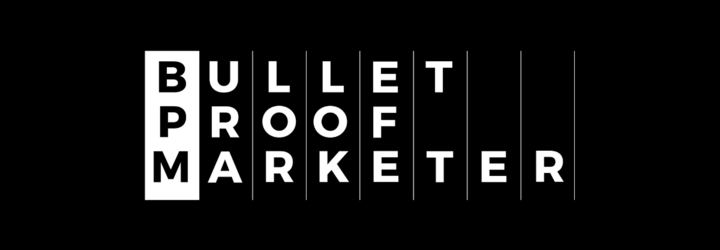What Is A Podcast?
A podcast is a radio show that is designed to be downloaded and listened to at any time. Unlike radio, a podcast doesn’t have to be listened to live, and instead, a collection of episodes can be listened to in a row or at the listener’s convenience.
Since podcasting is primarily distributed online, there is a low barrier of entry. Anybody can make a podcast for a relatively small amount of money. For that reason, there is a lot more freedom as to the subject matter of podcast, with many being created around specific topics and niches.
Unlike a radio show that needs to appeal to a mass market of people, a podcast can be made to handle any subject, such as trivia, history, marketing, or even something as specific as grilled cheese sandwiches.
Podcasts came into prominence with the popularity of the iPod and acted as a way to listen to radio-like shows on an MP3 player. Now technology has advanced so that most people can listen to podcasts on their phone as an alternative to music.
Why Should You Be Podcasting?
Podcasts are an easily accessible form of media, with anybody with a smartphone, telephone or MP3 player able to listen to them. That amounts to just about everybody. Currently, 67 million Americans listen to a podcast each month, although this number has been steadily increasing by 10-20% each year.
As with any form of marketing, you need to go where your audience is. If your audience is listening to podcasts, then that would be a good method of communicating your message to them. The majority of podcast listeners are in the 25-54 age range, so they wouldn’t quite be applicable to a much younger audience.
The biggest advantage of podcasting is that it can help a marketer to hit a particular audience or niche. The subject of your podcast can be tailored directly to your audience to pull them in, entertain and educate them. For example, if your business sells beauty products, your podcast could be all about sharing beauty tips and discussing the different products on offer.
Unlike other marketing strategies, podcasting creates a captive audience and a lot of loyalty. If you create a show that is consistently informative and interesting, then people will continue to listen to it, which keeps those people within your sales funnel.
Because of the ease of starting with podcasting, it’s hard to think of a reason not to do it.
Your First Podcast: Equipment
Recording your first podcast can be as easy a process as you want it to. You could pull out your phone right now, record yourself talking for 20 minutes, upload it to the internet and pat yourself on the back.
However, like anything, if you want to produce a podcast that people come back to listen to, you’ll want to make sure it’s well planned with equipment that will up the quality of the final product. You don’t need a fancy recording studio. Just a cheap USB microphone and headphones, but this will go a long way to improving your podcast over using your phone.
The best set up for a tight budget (under $100) would be to buy:
- Two USB dynamic microphones.
- A laptop or computer for recording and editing.
- Two sets of headphones.
For a mid-budget ($200-$300):
- Two XLR dynamic microphones.
- A portable sound recorder to connect the microphones to. (Eg. Zoom H4n.)
- A laptop or computer for editing.
- Headphones.
When it comes to a higher budget, the sky is the limit. But all you truly need are microphones, something to record your sound into and a computer to edit your audio on!
Your First Podcast: Planning
Once you have the equipment, it’s time to plan your podcast and what it’s about. The subject of your podcast should be immediately relevant to the target audience of your business. For example, if you create a product for new mothers, your podcast should be relevant to them, you could even call it “The New Mothers Podcast” if you wanted to hit the audience completely.
If you’re not sure of the audience of your product, then you’re not ready for podcasting yet and need to figure that out first. The better you know your audience though, the easier you’ll be to create a podcast, which they’ll be interested in.
Since that interest will be so strongly tied to what you’re selling, you should be knowledgeable in that area already. You’d expect that somebody with a product for new mothers would have a lot of knowledge about pregnancy and being a new mother. That should already give you an in-built catalog of topics to discuss on the podcast.
With those topics in mind, you can brainstorm ideas for shows. The best podcasts often answer frequently asked questions or give valuable information to their audience. Following the new mothers example, you could have a whole show dedicated to making your own baby food and how to do it.
When coming up with ideas for the show, it’s also good to keep in mind your goal. What do you want each episode of your podcast to achieve and what should it achieve as a whole? If you want to push awareness of your business, how will you do that in your podcast?
It’s best to plan each episode out before hand into sections, along with talking points, so you manage to get the information across that you want to.
How To Create A Successful Podcast
I’ve already spoken about the importance of planning your podcast, but what else can you do to make your podcast a success?
The main thing is to make your podcast relatable on a human level. Although your podcast is done by your business, that doesn’t mean it has to be completely professional and wooden. While subject matter is important, people also come back to listen to podcasts because they enjoy the host.
So having a sense of humor and not taking yourself too seriously is essential. Listeners want to feel like they’re sitting down with a friend to talk to. If possible, try to use somebody in your organization in which your audience can identify with. That way, it’s much easier to build up a rapport. If you were to do a podcast for new mothers, a 14-year-old boy might not be the best host, but he’d probably be perfect for something about video games. It’s all about being relatable.
While finding a host with personality is important, consistency is also key for a podcast. The sound quality needs to always be good, the information given should be valuable, and it should also entertain! If you don’t entertain in some way, the listeners won’t give you a second chance. There are dozens of other podcasts they could listen to instead.
One big issue I find with many podcasts are that they’re often overly self-promotional. For your podcast to be a success, you need to find a way to talk about your business without shoving it down your listener’s throats. If your podcast is mostly promotional, then nobody will listen to it. Instead, promotion should be short and efficient.
Your First Podcast: Promotion
While overly promoting your business during your podcast is a big no-no. It is crucial that you promote the podcast itself. Once it’s been uploaded, you need to spread the word to gain listeners.
The first step in doing this should be to submit your podcast to the main podcasting services: iTunes, Stitcher, Googe Play Music, and TuneIn. Submitting your podcast makes it show up on the services and makes it easier for listeners to download it and find it.
Once this is done, you can set out to promote your podcast. If you have social media, you should make multiple updates for each new episode of your podcast, letting your followers know what the new episode is about and where they can listen to it. You should also post a link to each new episode on your blog if you have one.
Another good way to build some exposure for your podcast is to include a guest that is already popular in your industry. By featuring them, you should pull in their fans as well as getting their help to market your podcast.
Read More








